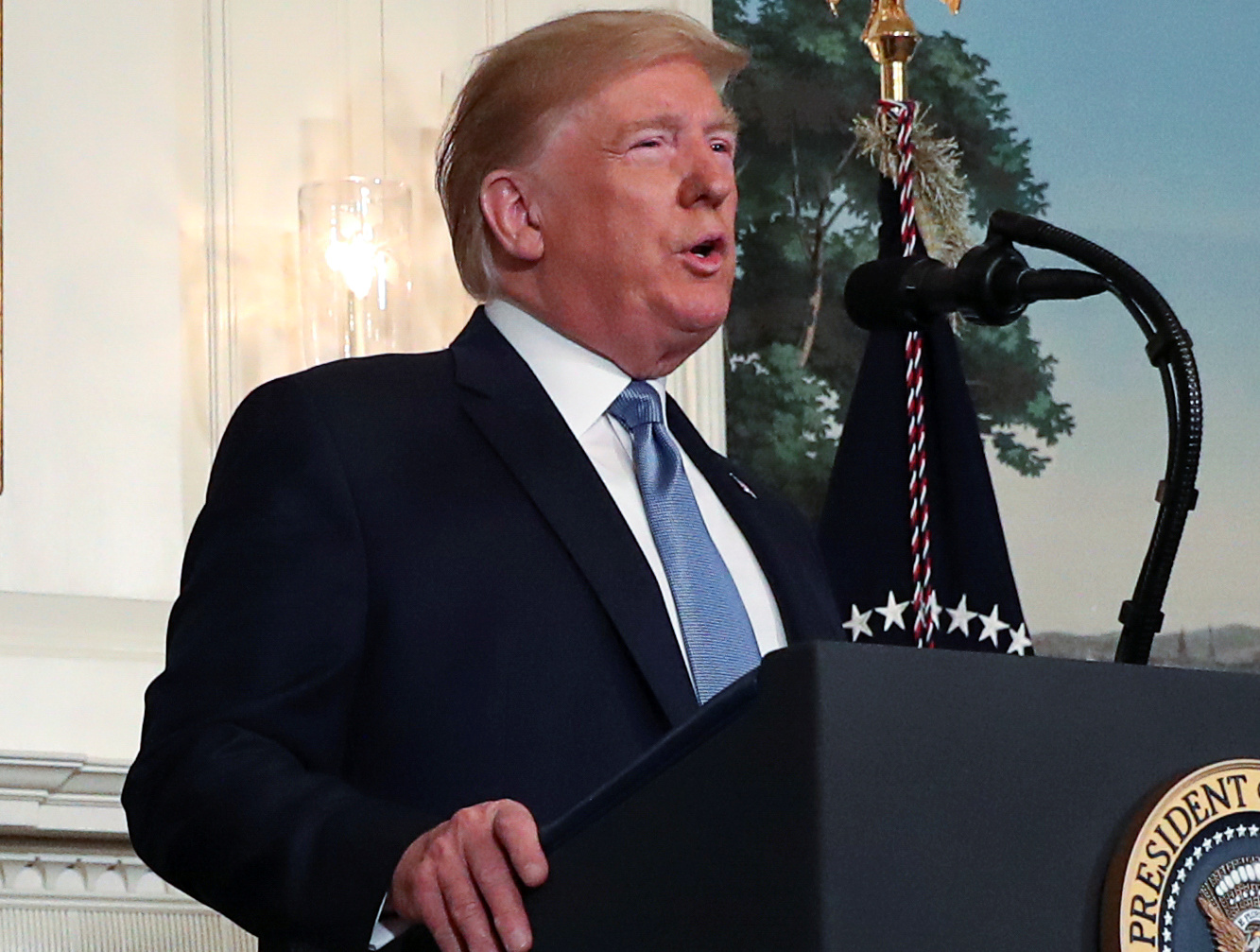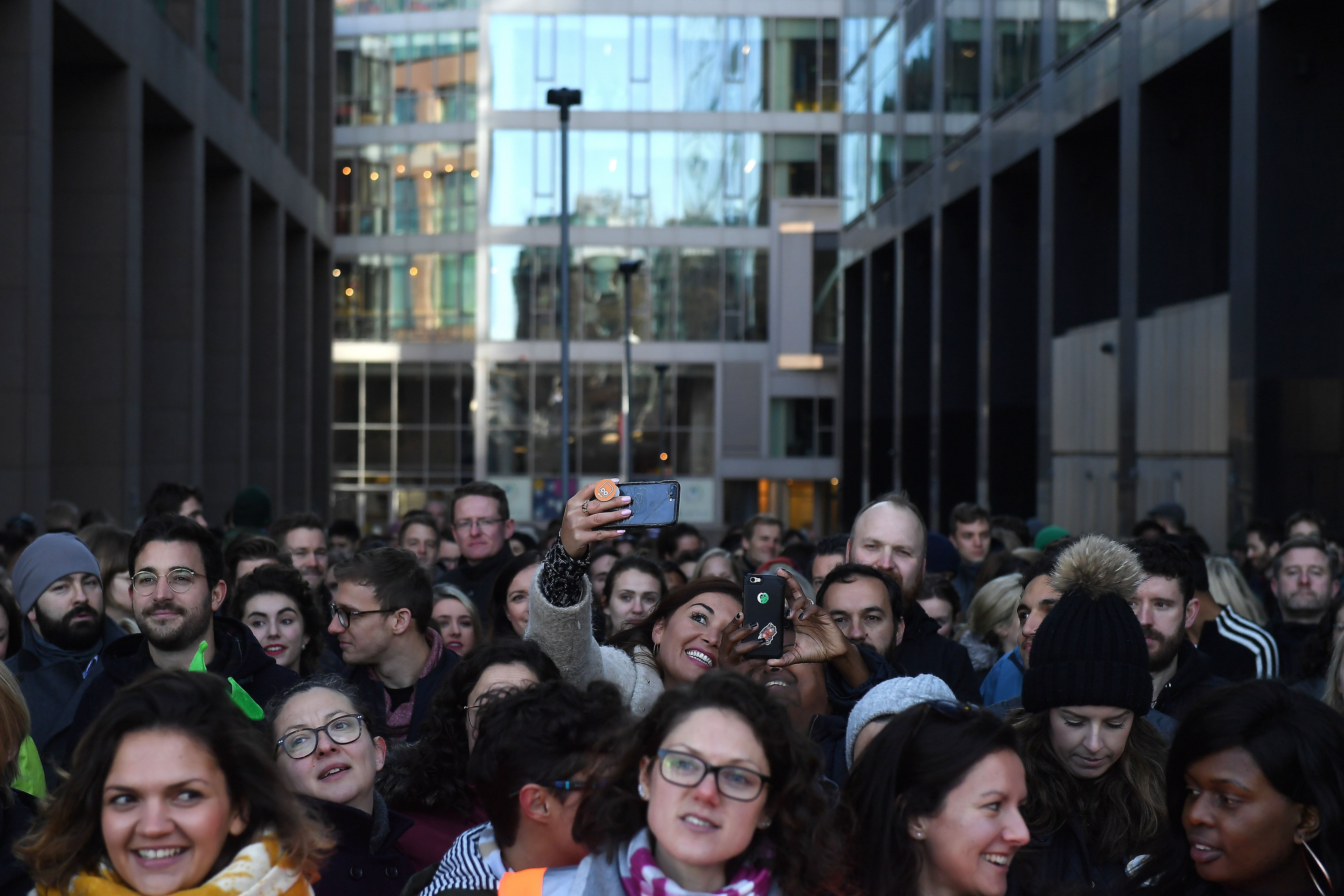
(Reuters) – Demonstrators in Rome held their fists in the air and chanted “No Justice! No Peace!” on Sunday, while in London people defying official warnings not to gather lay down outside the U.S. Embassy as part of a rolling, global anti-racism movement.
In Belgium, police fired tear gas and used a water cannon to disperse about a hundred protesters in a central part of Brussels with many African shops and restaurants. Some protesters were subsequently arrested.
They were part of a crowd of about 10,000 who had gathered at the Palace of Justice, many wearing face masks and carrying banners with the phrase “Black Lives Matter – Belgium to Minneapolis”, “I can’t breathe” and “Stop killing black people”.
“Black Lives Matter is not only about police violence. Here, we experience discrimination that other races do not experience. For example, if we start looking for a flat to rent, we have difficulties. Regarding employment, we are disadvantaged. So it’s not only about police violence,” said 25-year-old insurance broker Randy Kayembe.
The second weekend of demonstrations showed the depth of feeling worldwide over the death of George Floyd in Minneapolis on May 25 after a white officer detaining him knelt on his neck. More protests were also planned across the United States.
In London, where tens of thousands gathered, one banner read: “UK guilty too.”
Footage posted on social media showed demonstrators in Bristol in western England cheering as they tore down a statue of Edward Colston, a 17th-century slave trader, and pushed it into a river.
Chaniya La Rose, a 17-year-old student at the London protest with her family, said an end to inequality was long overdue. “It just needs to stop now,” she said. “It shouldn’t have to be this hard to be equal.”
Health minister Matt Hancock had earlier said that joining the Black Lives Matter protests risked contributing to the spread of the coronavirus.
London police chief Cressida Dick said 27 officers had been injured in assaults during protests this week in the city, including 14 on Saturday at the end of a peaceful demonstration.
‘INSTITUTIONAL RACISM’
In Italy, where several thousand people gathered in Rome’s Piazza del Popolo, speakers called out racism at home, in the United States and elsewhere.
U.S. embassies were the focus of protests elsewhere in Europe, with more than 10,000 gathering in the Danish capital Copenhagen, hundreds in Budapest and thousands in Madrid, where they lined the street guarded by police in riot gear.
“I really think we need to finish with the institutional racism that is actually international,” said Gloria Envivas, 24, an English teacher in the Spanish capital.
“It’s not something that is only going on in the USA or in Europe, it’s also worldwide.”
In Thailand, people held an online demonstration on the video platform Zoom, due to restrictions on movement to prevent the spread of the coronavirus.
“Everyone has hopes, everyone has dreams, everyone bleeds red, you know,” said Natalie Bin Narkprasert, an organiser of the Thai protest.
Like many people around the world, the group observed a silence in memory of Floyd, in this case, for 8 minutes and 46 seconds – the period he was pinned under the officer’s knee – to know “how it feels”.
Other gatherings were due later, including in the United States, where tens of thousands of demonstrators amassed in Washington and other U.S. cities on Saturday.
(Reporting by Reuters bureaux around the world; Writing by Philippa Fletcher and Catherine Evans; Editing by Frances Kerry)










